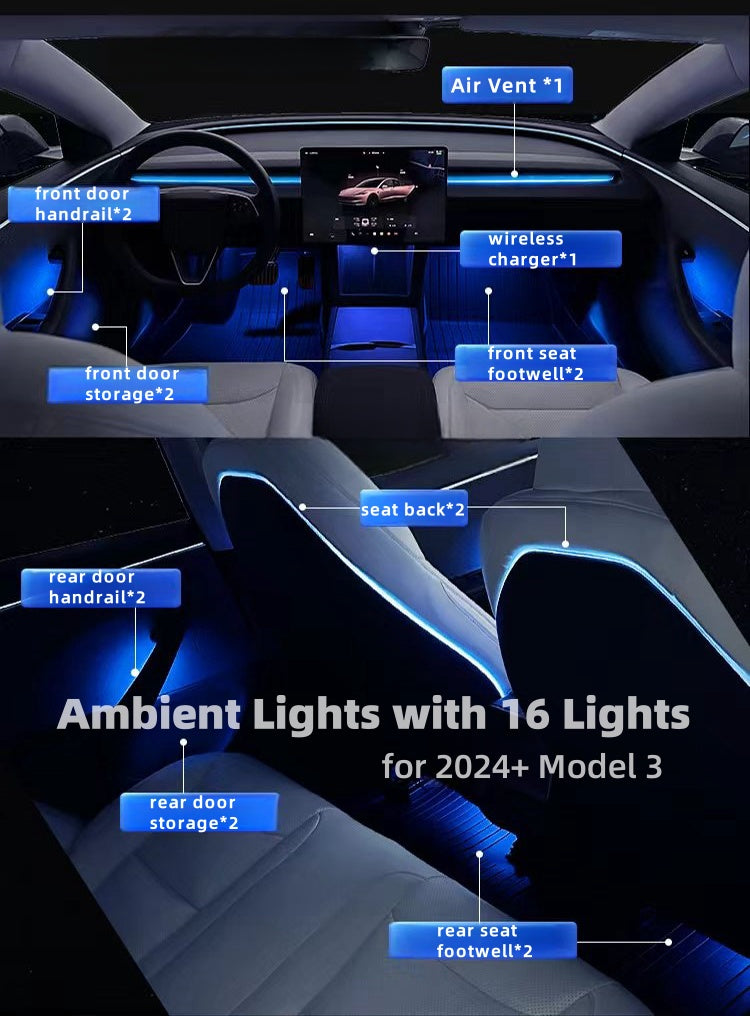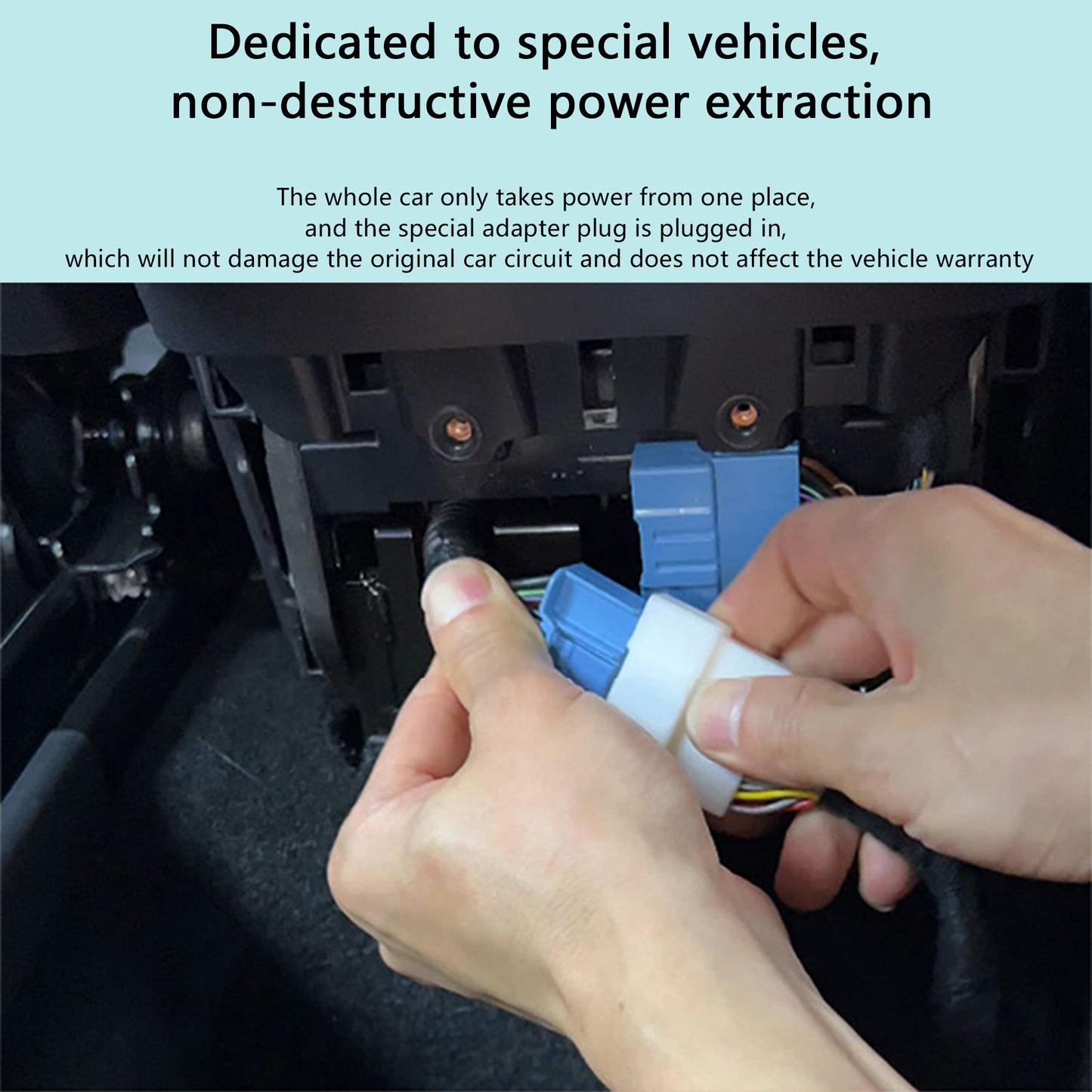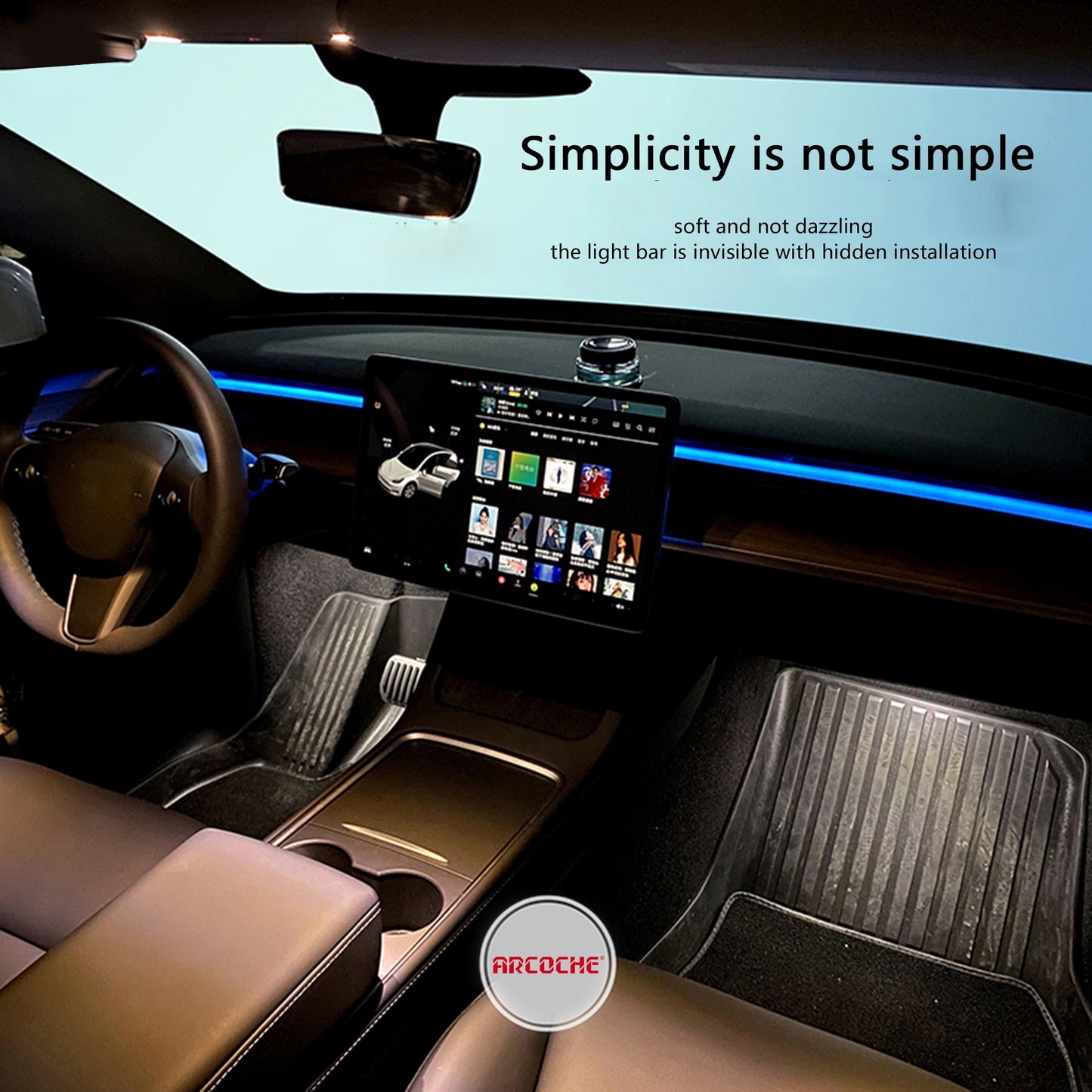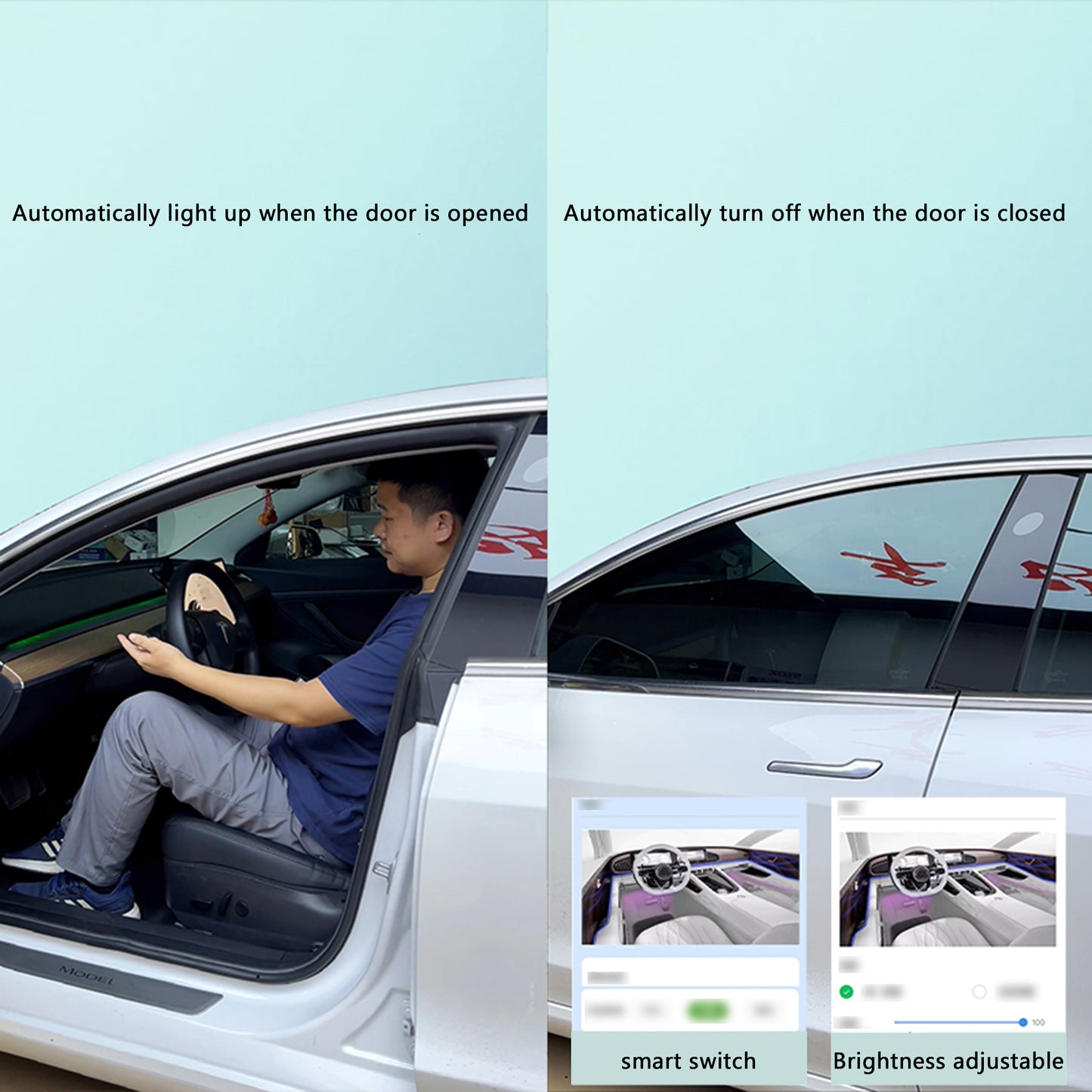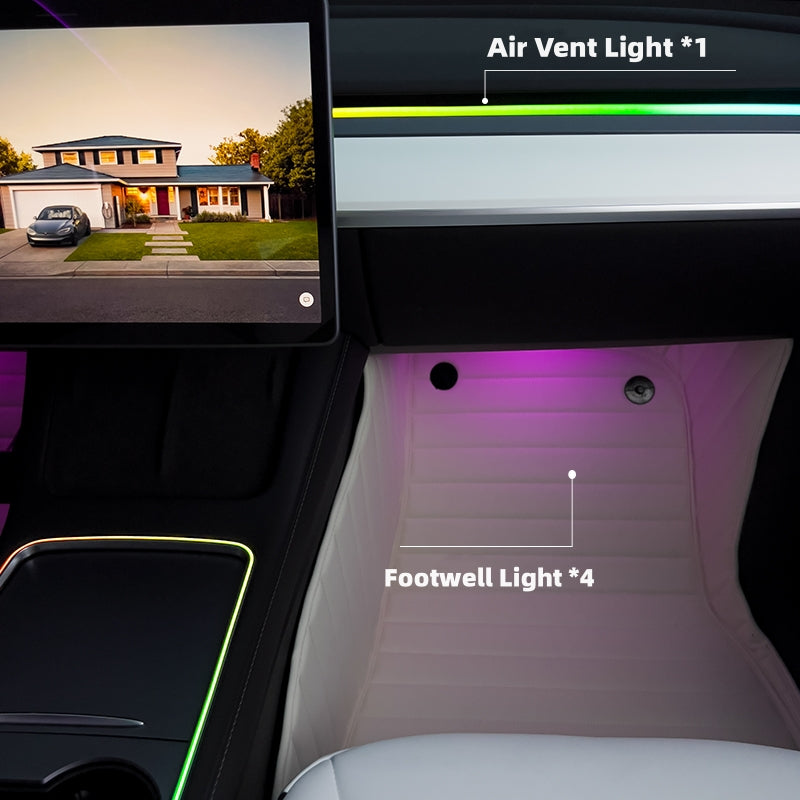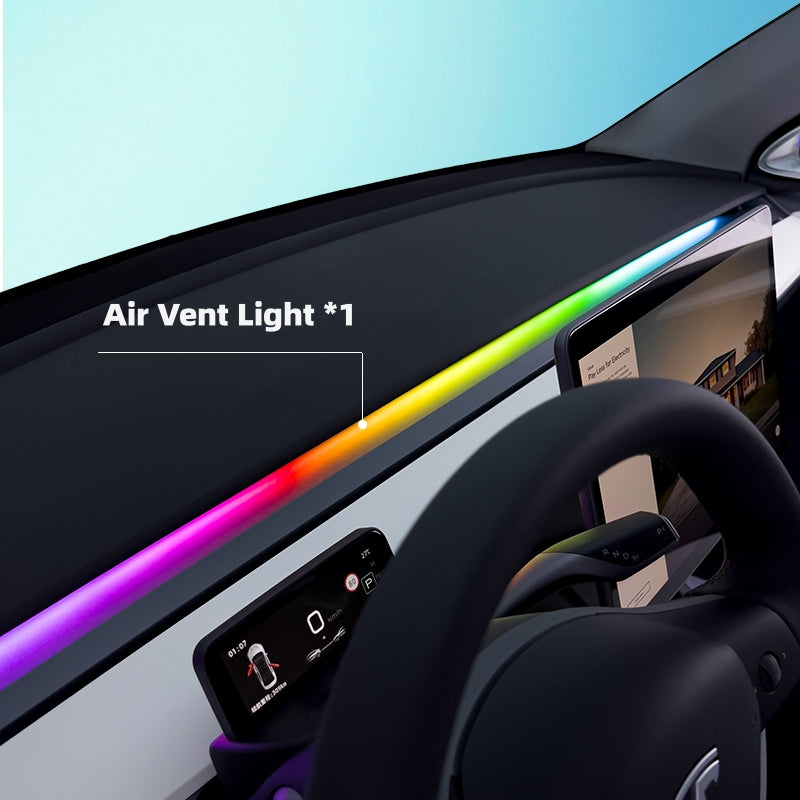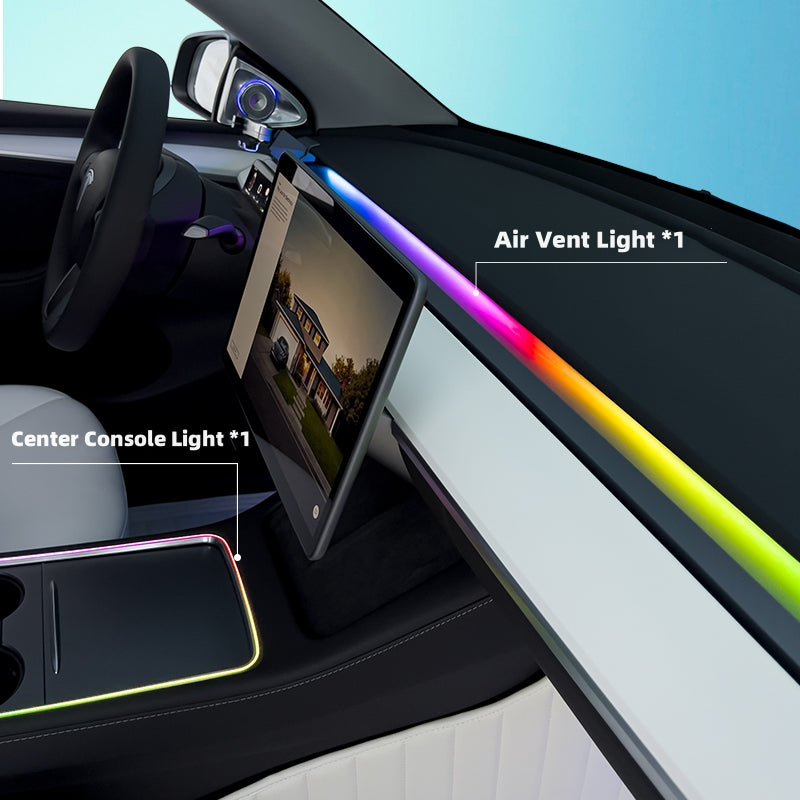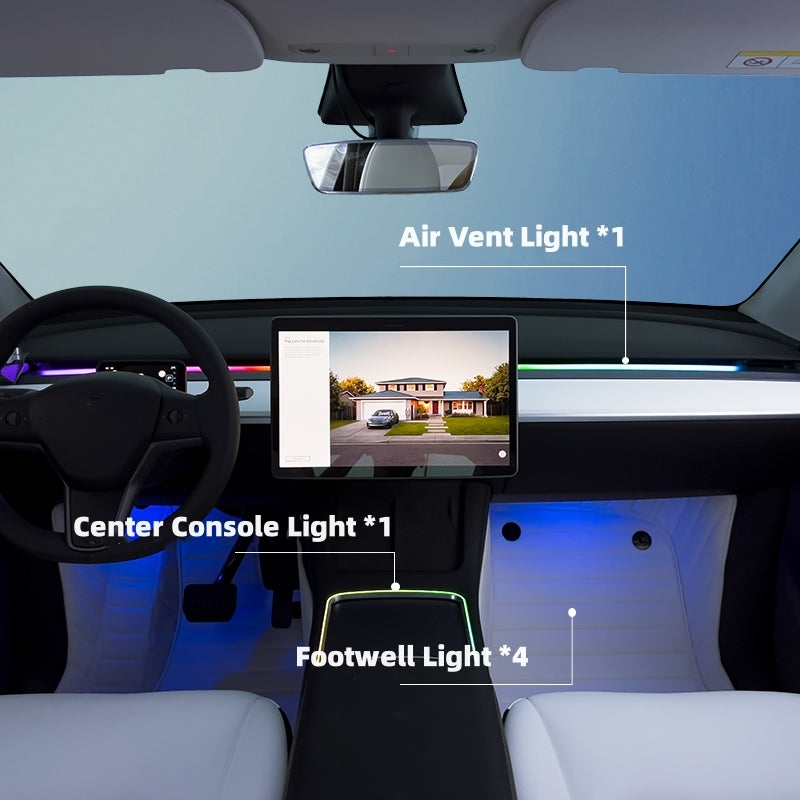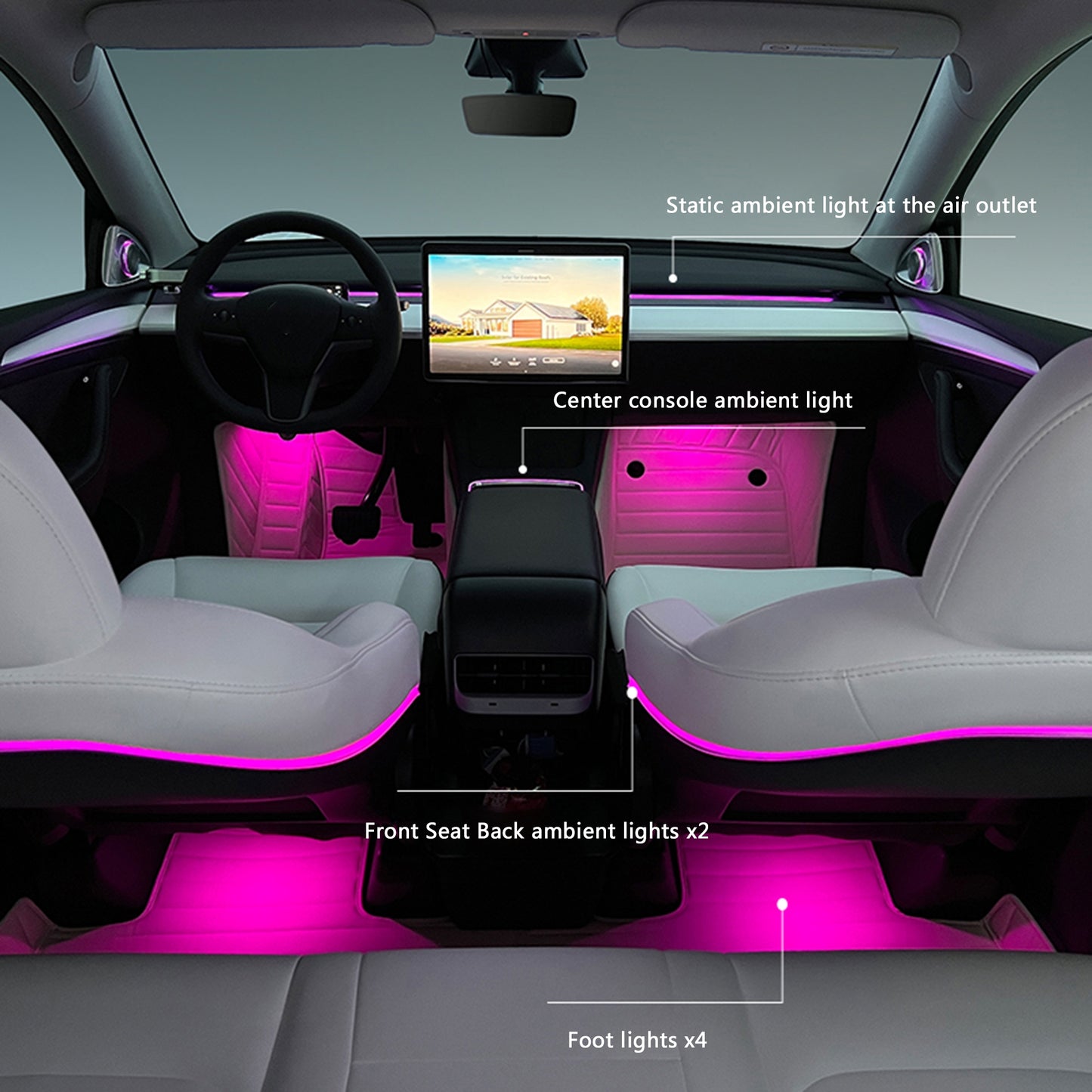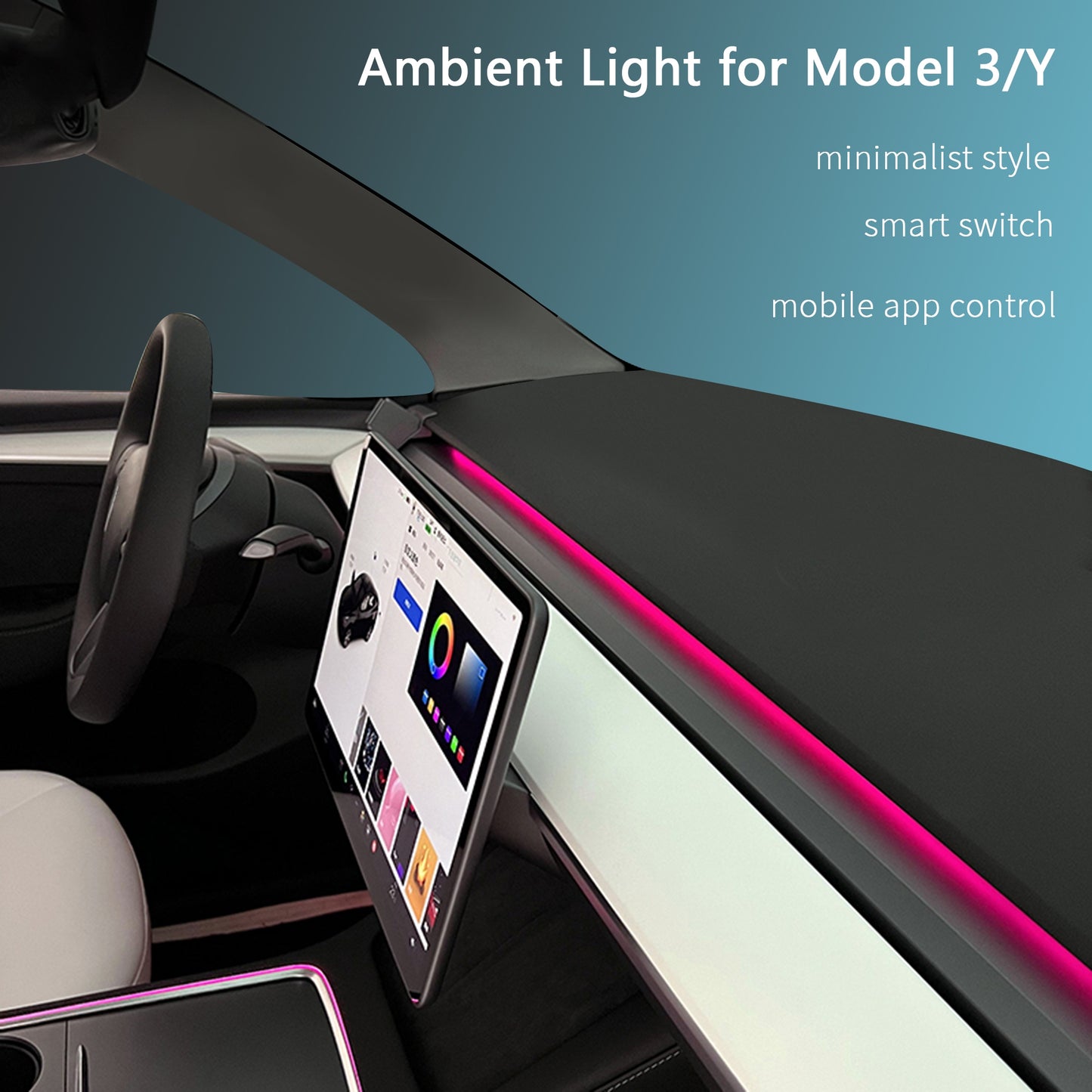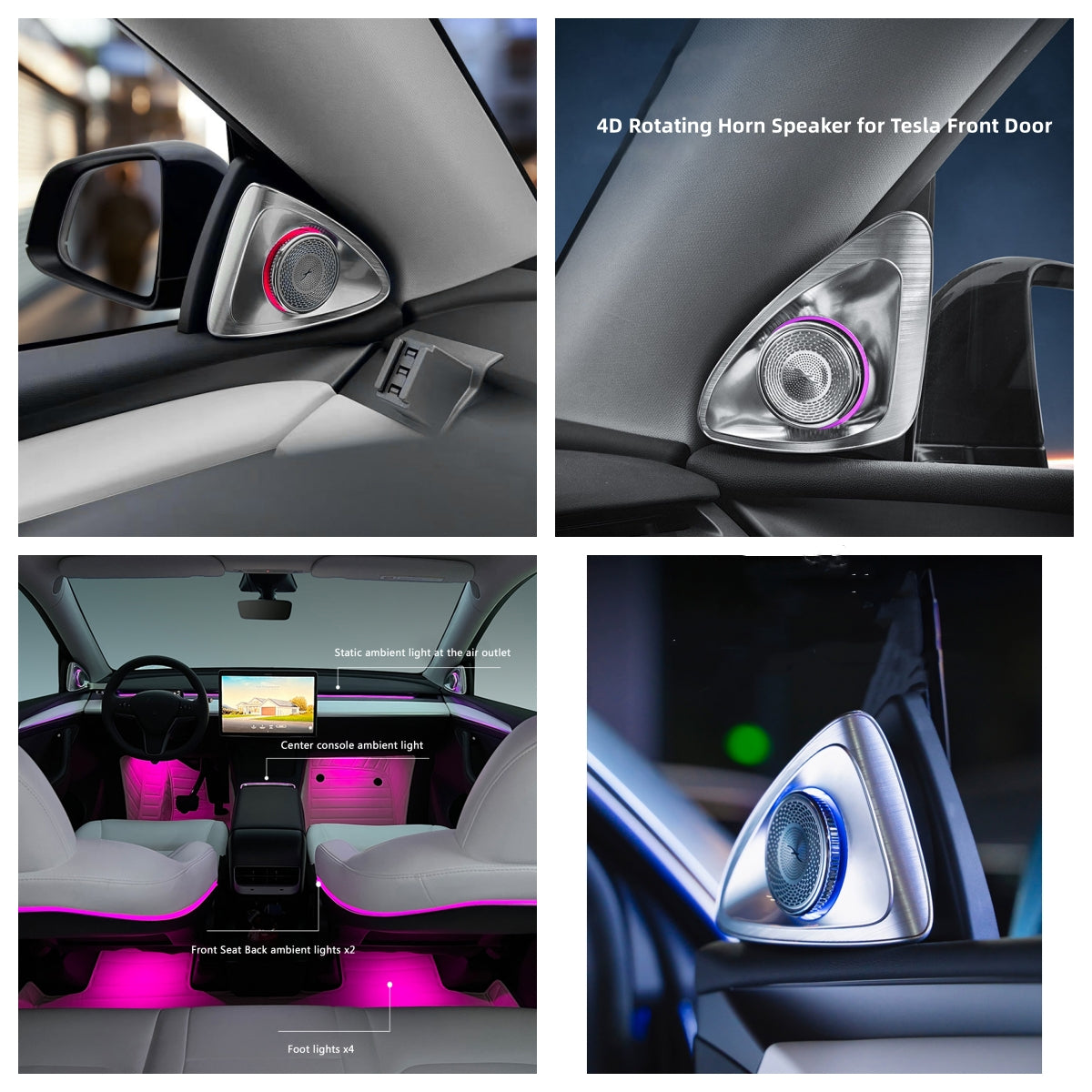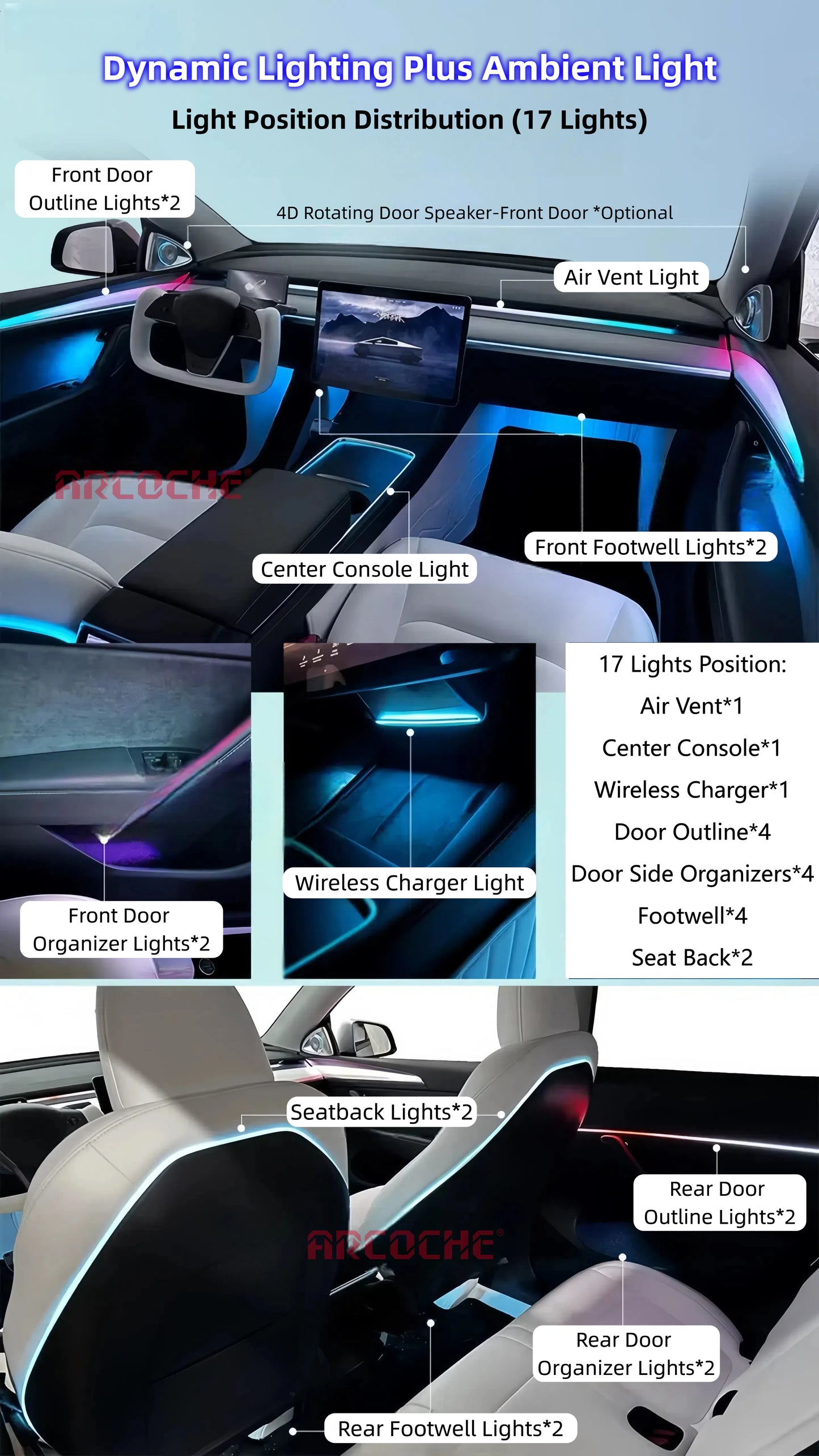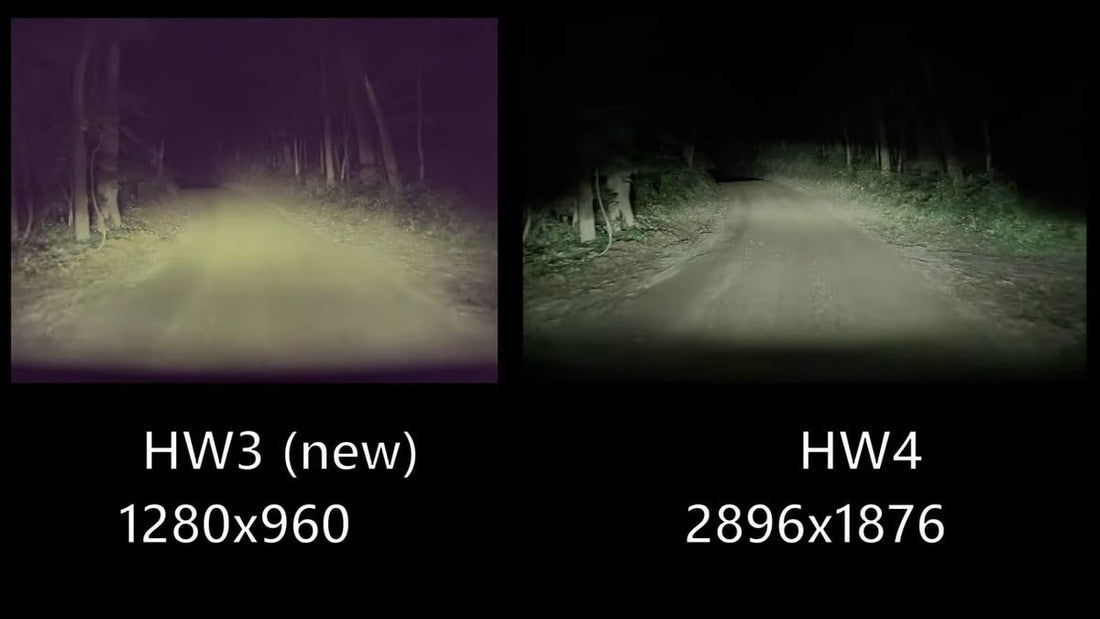
Identification du matériel de votre Tesla: est-ce AI4 ou matériel 3 ?
Tesla a présenté son dernier matériel de conduite entièrement autonome (FSD), AI4 (initialement Hardware 4.0), début 2023. Cette itération marque une mise à niveau significative par rapport à son prédécesseur, Hardware 3, et offre de nombreuses améliorations. Cependant, le déploiement initial a rencontré des difficultés, car les nouveaux véhicules Tesla livrés à l'époque n'avaient pas accès à FSD ni à Autopilot.
Malgré ces problèmes initiaux, AI4 ouvre désormais la voie à l'autonomie complète de Tesla. Bien que Tesla continue de prendre en charge le Hardware 3 et ne l'ait pas déclaré obsolète, il est crucial de connaître la version matérielle de votre véhicule, en particulier pour ceux qui ont investi dans FSD ou y ont souscrit. AI4 devrait bénéficier de mises à jour majeures avant le Hardware 3, nécessitant une optimisation continue.
Examinons les avancées apportées par AI4, le manque d'options de mise à niveau du matériel 3 et comment vous pouvez facilement identifier si votre Tesla est équipée d'AI4 ou de matériel 3.
AI4 contre HW3:Quoi de neuf ?
AI4 introduit une multitude de mises à niveau, notamment des caméras améliorées, de nouveaux systèmes électriques et de câblage et, surtout, une puissance de traitement accrue.
Les caméras mises à jour offrent une résolution supérieure pour capturer les détails les plus fins. Par exemple, la caméra arrière de l'AI4 affiche une résolution de 1448 x 938, contre 1280 x 960 pour le Hardware 3. La différence est encore plus marquée pour les caméras frontales : l'AI4 offre une résolution de 2896 x 1876, nettement supérieure à la résolution de 1280 x 960 du H.W3Cette amélioration de la qualité d'image, ainsi que la teinte rouge distinctive des caméras de l'AI4, améliorent les performances dans des conditions de faible luminosité.
Elon Musk a indiqué qu'AI4 était 3 à 5 fois plus rapide que le Hardware 3, bien que sa pleine capacité de calcul ne soit pas encore pleinement exploitée. Le véritable potentiel d'AI4 devrait se révéler à mesure que Tesla continue de développer ses logiciels et de les optimiser pour ce nouveau matériel.
Comment identifier le matériel de votre Tesla
Bien que Tesla n'indique pas explicitement la version matérielle de votre véhicule dans l'application ou sur le tableau de bord, il existe quelques moyens simples de la déterminer.

La date de livraison
Votre modèle Tesla et sa date de livraison peuvent être un bon indicateur du matériel qu'il embarque. Pour les Model S ou X, les véhicules livrés après mars 2023 sont probablement équipés de l'AI4. Pour le Model Y, l'AI4 a été introduite sur les véhicules produits aux États-Unis après fin mai 2023. La Model 3 2024 mise à jour est également équipée de l'AI4, tandis que les Model 3 de 2017 à 2023 sont équipées de l'AI4.
Objectifs d'appareil photo
Si vous avez un doute sur la date de livraison de votre véhicule ou souhaitez la vérifier, inspectez les caméras de votre Tesla. Les caméras AI4 présentent une teinte rouge visible, notamment sur les caméras frontales, où se trouvent deux lentilles rouges et une lentille noire (factice). La troisième caméra du Hardware 3 a été supprimée grâce à la résolution améliorée des caméras AI4.
Les caméras répétitives de l'AI4 diffèrent également légèrement, avec la même teinte rouge et un clignotant plus compact et plus étroit.

Pas de voie de modernisation pour HW3 à AI4
Tesla, ainsi qu'Elon Musk, ont confirmé qu'il n'y aurait pas d'option de mise à niveau du matériel 3 vers AI4. Contrairement aux précédentes mises à niveau AP 2.5 ou AP 2, l'intégration d'AI4 dans des modèles plus anciens n'est pas pratique en raison des différences importantes de câblage, de systèmes de refroidissement et de format global de l'unité de calcul d'AI4.
Tenter de moderniser le système nécessiterait une solution complexe et personnalisée adaptée à HW3 véhicules, ce qui pourrait surcharger les capacités de service de Tesla. La stratégie de Tesla consistera probablement à optimiser le logiciel FSD pour qu'il fonctionne efficacement sur le matériel 3, garantissant ainsi un support continu sans nécessiter de mise à niveau matérielle.
En résumé, si l'AI4 représente l'avenir des efforts de Tesla en matière de conduite autonome, le Hardware 3 reste pris en charge, avec des mises à jour logicielles conçues pour optimiser ses capacités. Connaître la version matérielle de votre Tesla est essentiel pour que l'entreprise continue de perfectionner sa technologie de conduite autonome.



